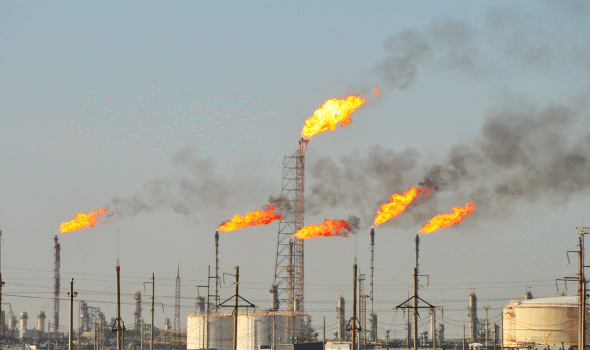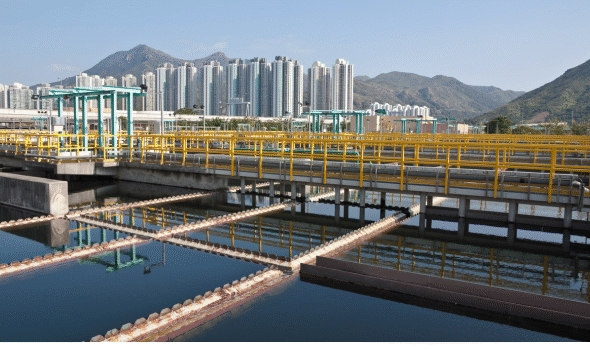INTRODUCTION:
The upstream petroleum sector, comprising exploration, development, and production, is the backbone of the global energy supply chain. As the industry faces unprecedented pressures from fluctuating oil prices, technological advancements, and stringent environmental regulations, understanding cost trends and leveraging benchmarking have become essential for maintaining competitive advantage.
Participants will begin by examining the key cost drivers in the upstream petroleum industry. This includes analyzing the influence of exploration challenges, drilling technologies, reservoir characteristics, and supply chain efficiencies on operational expenses. Understanding these elements is crucial for identifying areas where costs can be optimized without compromising performance.
The course will also address the role of technological innovation in shaping cost trends. From digital twins to advanced seismic imaging and automation, technology is reshaping how companies manage costs and enhance productivity. Participants will learn how to assess the cost-benefit implications of adopting these innovations in various upstream scenarios.
Global and regional variations in cost structures will also be discussed, providing participants with insights into how geographic, regulatory, and market-specific factors influence upstream costs. This knowledge is invaluable for multinational operators and service providers seeking to tailor strategies to diverse operating environments.
COURSE OBJECTIVES:
- Analyze key cost drivers in the upstream petroleum industry and their implications for operations.
- Understand the impact of technological advancements on cost efficiency and productivity.
- Develop the ability to perform benchmarking analyses to identify performance gaps and best practices.
- Explore regional and global variations in upstream cost structures and their strategic implications.
- Gain expertise in leveraging data and analytics for cost optimization.
- Learn from case studies of successful cost management and benchmarking initiatives.
- Build strategies for integrating cost trends and benchmarking into decision-making processes.
COURSE OUTLINE:
Module 1: Overview of Upstream Petroleum Costs
- Key cost components: exploration, drilling, production, and decommissioning
- Factors influencing cost trends: market dynamics, resource characteristics, and regulations
- Economic lifecycle of upstream projects
- Challenges and opportunities in managing upstream costs
Module 2: Technological Innovations and Cost Efficiency
- Role of technology in reducing upstream costs
- Applications of automation, AI, and advanced analytics
- Evaluating the cost-benefit of emerging technologies
- Case studies on technology-driven cost optimization
Module 3: Principles of Benchmarking in Upstream Operations
- Fundamentals of benchmarking and its relevance to the upstream sector
- Identifying key performance indicators (KPIs) for cost analysis
- Methods for collecting and analyzing benchmarking data
- Best practices for implementing benchmarking initiatives
Module 4: Regional and Global Cost Structures
- Geographic variations in cost drivers and operating conditions
- Regulatory and market-specific impacts on upstream costs
- Strategies for adapting to regional cost differences
- Insights from global case studies and industry reports
Module 5: Data-Driven Decision Making in Cost Management
- Leveraging data analytics for cost trend analysis
- Tools and platforms for monitoring and managing costs
- Building a culture of data-driven decision-making in upstream operations
- Practical exercises using industry datasets
Module 6: Case Studies and Industry Best Practices
- Analyzing successful cost management and benchmarking projects
- Lessons learned from industry leaders
- Strategies for overcoming common challenges
- Future trends in upstream cost management and benchmarking
TARGET AUDIENCE:
- Upstream petroleum professionals involved in exploration, development, and production
- Cost engineers and analysts seeking to enhance their expertise
- Business leaders and executives aiming to improve operational efficiency
- Project managers overseeing upstream projects
- Technology providers and innovators supporting upstream operations
VENUE: Morocco
DURATION: 1 week
DATE: Open









